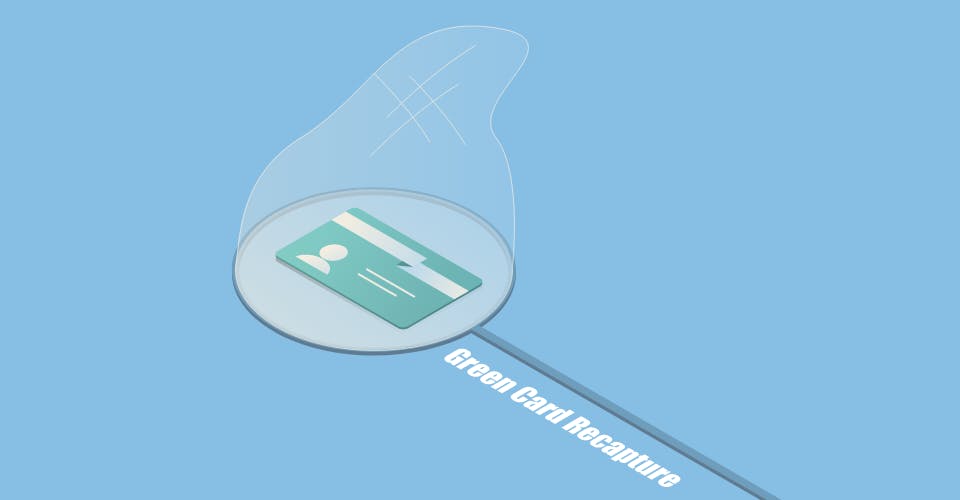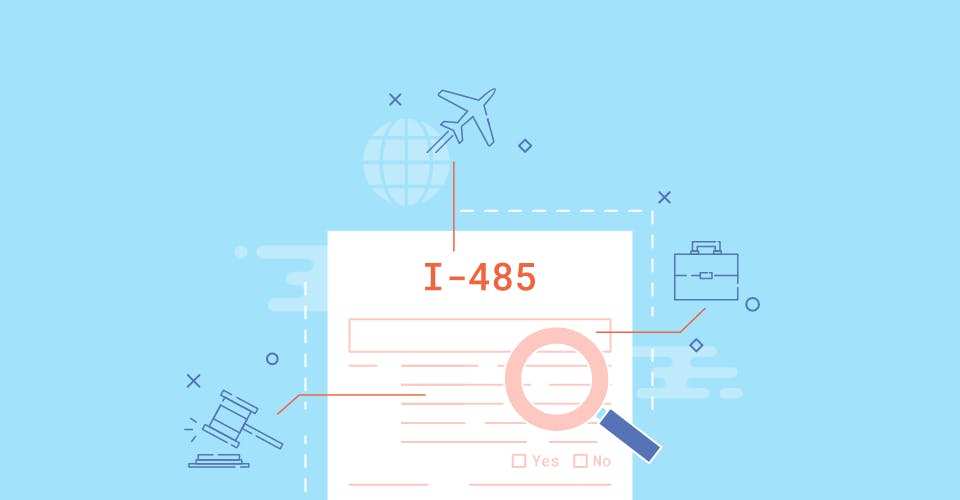For some individuals who are looking to make the United States their lawful permanent residence, applying for a green card is an invaluable step in the process. Receiving a green card, however, is more difficult than the actual application process. For one, immigrants who are going through this process need to have some ties to the United States. For instance, if an immigrant is married to a U.S. citizen, going through the marriage green card application is the least difficult route, and usually takes the least amount of time for processing.
Other routes, when a spouse is not filing an Affidavit of Support, include family ties. Here is a list according to USCIS guidelines for how family preference works when it comes to having the appropriate sponsor for the green card process:
- F1- Unmarried Sons and Daughters of U.S. Citizens
- F2- Spouses and Children, and Unmarried Sons and Daughters of Permanent Residents
- F2A - Spouses and Children of Permanent Residents
- F2B - Unmarried Sons and Daughters (21 years of age or older) of Permanent Resident.
- F3 - Married Sons and Daughters of U.S. Citizens
- F4 - Brothers and Sisters of Adult U.S. Citizens
Aside from family reunification, the other options immigrants have when it comes to making the United States their home, at least for a short period, is through employment visas, which also have preferential numbers attached to them, dictated by the federal government and the USCIS branch.
The importance of employment visas for the purpose of understanding lawful permanent residence is that obtaining one makes the case for an immigrant to eventually file what is called an I-485 Form, an adjustment of status. Simply put, the employment visa makes the case for an immigrant to eventually become an LPR through the green card route or even the green card lottery. You cannot adjust your status if you didn’t have one, to begin with.
Accordingly, here is a brief list, similar to the one above, that gives weight to certain professionals and their skillsets:
1. Priority Workers. These are individuals with extraordinary abilities in the sciences and arts, education, business, or athletics.
2. Members of the professions holding Advanced Degrees or Persons of exceptional ability.
3. Skilled Workers. Professionals, and other workers. Examples include elementary school teachers, mechanics, and individuals with other trade skills.
4. Fourth - Certain Special Immigrants
5. Fifth - Employment creation individuals. Lower skilled but valuable to the health of the economy.
One way that many Indian-Americans who have become naturalized citizens started out in America, is through the process of securing an employment visa for their skills in technology and engineering, and have eventually adjusted their status, received a green card, and have gone on to apply for naturalization. Without the original visa into the country, however, perhaps none of this would have been possible.
Employment-based visas also help individuals when it comes time to adjust their status for a green card because of the following reasons:
- Establishes an individuals residency while they were working
- Establishes a verifiable income
- Keeps individuals in line with the law so they are not getting caught up in the system
- Gives individuals time to possibly start a relationship/marriage














